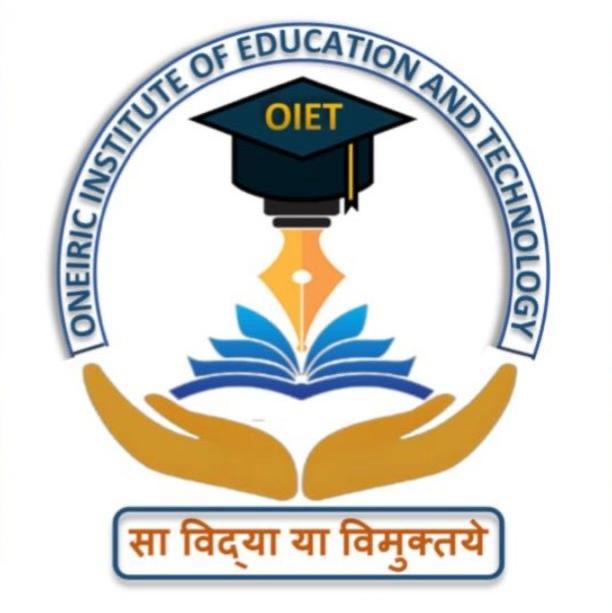Diploma in Medical Laboratory Technology (DMLT): The DMLT program at Oneiric Institute of Education & Technology prepares students for a career in medical laboratory science. Students learn about laboratory procedures, techniques, and equipment used in the analysis of blood, urine, and other body fluids. The curriculum covers topics such as clinical biochemistry, microbiology, hematology, histopathology, and immunology. Through theoretical instruction and hands-on laboratory training, students develop the skills necessary to perform laboratory tests accurately and efficiently, contributing to the diagnosis and treatment of diseases.
Diploma in Medical Radiology Technology (DMRT): The DMRT program focuses on training students in the use of medical imaging techniques such as X-rays, ultrasound, CT scans, and MRI scans. Students learn about radiographic anatomy, radiation physics, radiographic positioning, and image interpretation. Practical training in radiographic procedures and equipment operation is provided to ensure students are proficient in performing diagnostic imaging studies safely and accurately. Graduates of the DMRT program can pursue careers as radiology technologists in hospitals, diagnostic centers, and other healthcare facilities.
Operation Theatre Technician: The Operation Theatre Technician program prepares students to assist surgeons and other medical personnel in the operating room. Students learn about surgical procedures, sterile techniques, surgical instruments, and equipment operation. Practical training in operation theatre procedures, patient preparation, and instrument sterilization is provided to ensure students can effectively support surgical teams during procedures. Graduates of the program can pursue careers as operation theatre technicians in hospitals, surgical centers, and other healthcare settings.
Ophthalmic Assistant: The Ophthalmic Assistant program focuses on training students to assist ophthalmologists in providing eye care services to patients. Students learn about eye anatomy, common eye disorders, diagnostic tests, and treatment procedures. Practical training in visual acuity testing, tonometry, keratometry, and lensometry is provided to develop students' skills in conducting ophthalmic examinations and assisting with eye surgeries. Graduates of the program can work in ophthalmology clinics, eye hospitals, and vision centers under the supervision of ophthalmologists.
Dialysis Technician: The Dialysis Technician program prepares students to operate and maintain dialysis machines used in the treatment of patients with kidney failure. Students learn about renal physiology, dialysis principles, vascular access techniques, and patient care during dialysis sessions. Practical training in dialysis procedures, machine setup, and monitoring patient vital signs is provided to ensure students can deliver safe and effective dialysis treatments. Graduates of the program can work as dialysis technicians in dialysis centers, hospitals, and nephrology clinics.
ECG Technician: The ECG Technician program focuses on training students to perform electrocardiogram (ECG) tests to monitor and diagnose heart conditions. Students learn about cardiac anatomy, electrophysiology, ECG interpretation, and cardiac rhythm analysis. Practical training in ECG electrode placement, machine operation, and rhythm strip interpretation is provided to develop students' skills in conducting ECG tests accurately and efficiently. Graduates of the program can work as ECG technicians in hospitals, cardiology clinics, and ambulatory care settings.
First Aid: The First Aid course teaches students essential life-saving skills and emergency medical techniques to provide immediate care to individuals in medical emergencies or accidents. Students learn about basic first aid principles, CPR (Cardiopulmonary Resuscitation), wound care, fracture management, and treatment for common medical emergencies such as choking, allergic reactions, and cardiac arrest. Practical training in first aid procedures and scenario-based simulations is provided to ensure students can respond effectively in emergency situations.
Blood Collection Assistant: The Blood Collection Assistant course trains students in phlebotomy techniques for collecting blood samples from patients for diagnostic testing. Students learn about venipuncture procedures, blood collection equipment, specimen handling, and infection control practices. Practical training in blood collection techniques, patient interaction, and specimen labeling is provided to ensure students can perform blood draws safely and efficiently. Graduates of the program can work as blood collection assistants in hospitals, laboratories, blood banks, and healthcare facilities.


